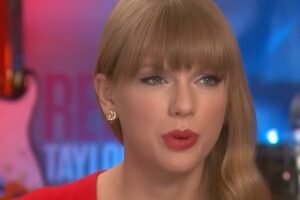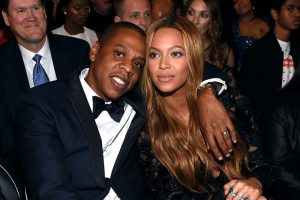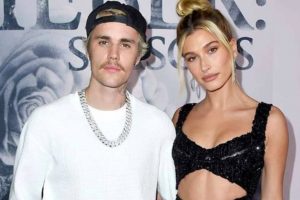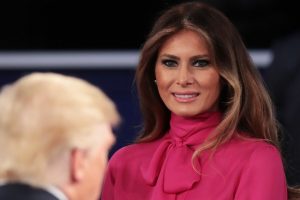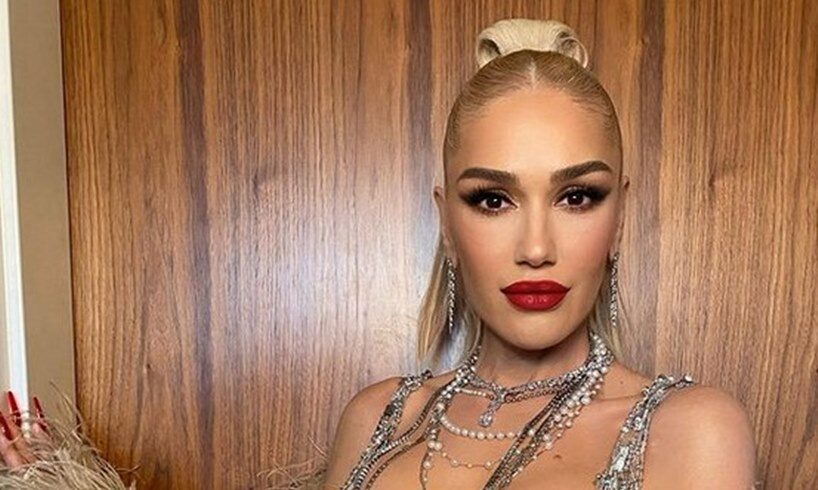
Gwen Stefani seems not to understand when to stop. This week, the singer and businesswoman caused a massive outrage over her confession that she is “Japanese.”
Gwen Stefani did an eye-raising interview with Allure Magazine, where she was asked about her extreme love of Japanese culture.
The pop singer was born in California to Caucasian parents. Gwen Stefani’s father, Dennis, is Italian-American, while her mother, Patti, is Irish-American.
Blake Shelton‘s wife could have taken the opportunity to apologize for her many years of cultural appropriation.
Or she could have reached out to the Asian community that has been hit by racist attacks in the past years because of COVID-19 and some of the harsh comments made by former President Donald Trump.
However, instead, the “Rich Girl” and “Hollaback Girl” singer repeated multiple times that she is “Japanese.”
Initially, Stefani sat down with reporter Jesa Marie Calaor, a Filipina American, to talk about her latest business venture — her beauty brand GXVE.
The writer asked Stefani for a reason behind her 2008 fragrance collection, “Harajuku Lovers.” During the era, Gwen Stefani fully submerged herself into Asian culture with the album Love.Angel.Music.Baby..
To promote the perfume, music, and tour, Stefani came up with the marketing scheme of going everywhere with Japanese backing dancers Maya Chino (nicknamed “Love”), Jennifer Kita (“Angel”), Rino Nakasone (“Music”) and Mayuko Kitayama (“Baby”).
Gwen Stefani defended her Harajuku era by citing her father’s travels to Japan for almost two decades.
The 53-year-old artist confessed: “That was my Japanese influence, and that was a culture that was so rich with tradition, yet so futuristic [with] so much attention to art and detail and discipline, and it was fascinating to me.”
She went on to say: “I said, ‘My God, I’m Japanese, and I didn’t know it ‘…I am, you know. If (people are) going to criticize me for being a fan of something beautiful and sharing that, then I just think that doesn’t feel right. I think it was a beautiful time of creativity…a time of the ping-pong match between Harajuku culture and American culture. If we didn’t buy and sell and trade our cultures in, we wouldn’t have so much beauty, you know?”
The interview rapidly went viral, and many took to social media to say they were more than confused by Stefani’s answers.
Calaor later gave readers a complete description of the bizarre interview by writing: “I spent 32 minutes in conversation with Stefani, many of them devoted to her lengthy answer to my question about Harajuku Lovers. In that time, she said more than once that she is Japanese. Allure’s social media associate (who is Asian and Latina) was also present for the interview, and we were left questioning what we had heard. Maybe she misspoke? Again and again? During our interview, Stefani asserted twice that she was Japanese and once that she was ‘a little bit of an Orange County girl, a little bit of a Japanese girl, a little bit of an English girl.’ Indeed, she didn’t mean it literally, or she didn’t know what she was saying. (A representative for Stefani reached out the next day, indicating that I had misunderstood what Stefani was trying to convey. ”
Allure then asked Stefani’s team to clarify the remarks, and they had this to say: “Calaor had “misunderstood” what Stefani was trying to say.”
Calaor responded by saying that she was not comfortable with Stefani’s comments “particularly against the sobering backdrop of increased racism towards Asian American and Pacific Islander (AAPI) communities in the United States.”
She concluded by stating: “I envy anyone who can claim to be part of this vibrant, creative community but avoid the part of the narrative that can be painful or scary.”
Stefani does not seem ready for this larger conversation.

